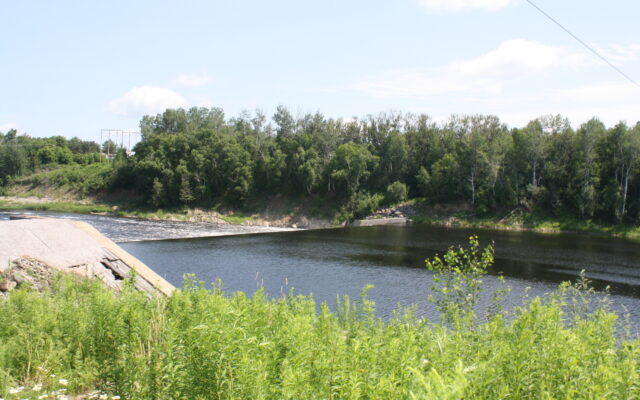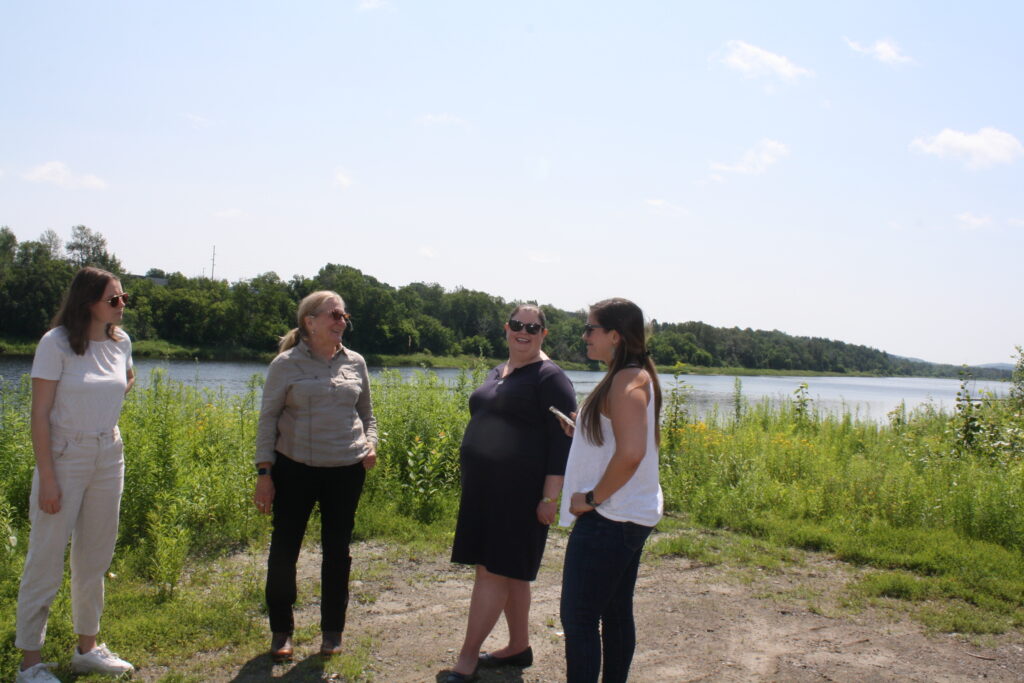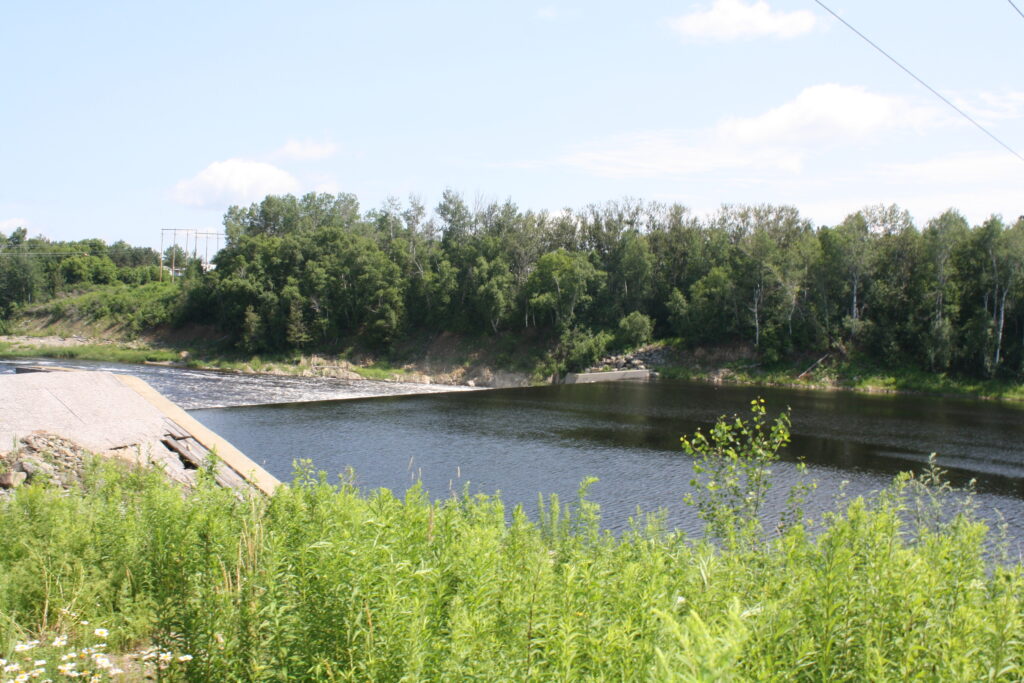
CARIBOU, Maine – It may be hard for those passing by to imagine, but within the next decade, the site of vacant power plants near the Aroostook River could become Caribou’s next recreational destination.
But first, environmental experts will need to dispose of dangerous substances that threaten the river’s quality of life.
This spring, Caribou received $900,000 from the Environmental Protection Agency’s Brownfields program. With those funds will come the demolition of a former diesel power plant and the cleanup of thousands of gallons of petroleum waste from oil storage buildings that could leak into and pollute the river.
The funds come at a crucial time for Caribou. Within the next decade, leaders want to reimagine the power plant site as a new recreational area that could feature parks, trails and boat launches. Though delayed by decades of industrial decline, officials and environmental experts say that now is the time for something new in Caribou.
“I think there’s definitely an opportunity for this to be an open public space where people can relax and hang out,” said Randi Mendes, project manager and community liaison for the University of Connecticut’s Technical Assistance to Brownfields Communities, or TAB, program.

Mendes visited the diesel plant site Wednesday with city officials and colleagues from the University of Connecticut. As part of TAB, the faculty members from Connecticut visit communities receiving Brownfields funds and assist with community awareness of clean-up projects.
TAB faculty have created a website that will soon feature different renderings of potential recreational areas along Caribou’s riverfront. Residents can submit comments on what they’d like to see in the area.
The group visited Caribou to get a better feel for the riverfront area, Mendes said.
“We’ve been looking [at Caribou] on Google Earth and maps but that doesn’t give a good sense of the community,” Mendes said. “We want to understand what the community might want.”
Before the community’s vision can become real, there needs to be a widespread cleanup of the sites that once housed the city’s hydroelectric power operation.
The former diesel plant was constructed in 1949 and, along with a nearby steam plant, generated 30 megawatts of electrical power for Aroostook County. Ownership transferred from Maine Public Service to Wisconsin Power Co. in 1992.
Efforts by Wisconsin Power to revive the plants in the early 2000s failed after a massive spill sent from 4,000 to 5,000 gallons of diesel oil gushing into the Aroostook River. Local investor Jim Barresi purchased the property but passed away in 2019. Caribou acquired both the diesel and steam plant through unpaid taxes.
The city is on track to hire an abatement company this fall to remove asbestos from the diesel plant and waste oil from petroleum oil drums that remain in three storage buildings next to the Aroostook River, said City Manager Penny Thompson. The diesel plant will also be demolished through Brownfields funding.
It’s a project that’s desperately needed to avoid another oil spill, said Michelle Hersey, president of County Environmental Engineering, who conducted an initial study of the diesel plant last year.
The plant itself contains asbestos measuring 12,500 square feet in the roofing, 1,600 square feet within window glaze and 600 square feet in floor tiles and mastic, with more possibly in electrical wiring and piping.
Though the oil drums in the storage buildings no longer operate, they contain petroleum oil waste that can spill due to the operation’s decaying structure. One building contains 69 oil drums that are 55 gallons each.
“It would be devastating to the river if that leaked out,” Hersey said.








